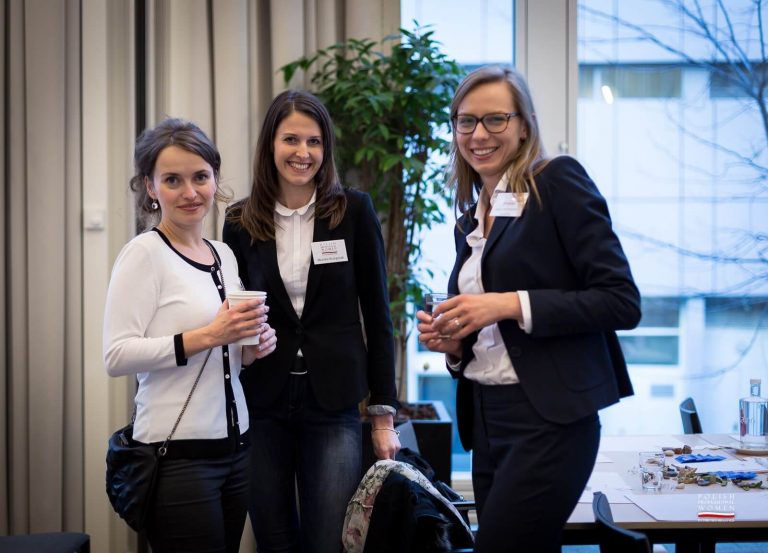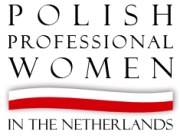
As expats in the Netherlands looking for work, clients for our own business, or partners for our projects, many of us faced the challenge of, what is called in business, rebranding. For some, it’s an exciting opportunity for rediscovery, and for some (like me) an anxiety-inducing process of trying on different personas and seeing what works.
Initially, the recent concept of personal branding, which takes the image building tactics and applies them to people, seemed to me quite reductionist. Treating myself as a brand felt like it would make me less authentic as a person and more of a cunning professional with work-life balance completely out of whack.
But personal branding doesn’t have to be dishonest. Having met successful people who are killing it in their professional careers, and yet remain charmingly “themselves” – that is, honest, vulnerable, and above all, human- made me believe that following a few rules of communication and self-presentation is probably a good idea if you want to make a lasting impression.
Choose the right vocabulary
The words we use have an immense power on how other people see us. During our workshop “Just saying… How women undermine themselves and what to do about it” organised by PPW, Magdalena Bracco spoke about how little words such as “sorry” or “just” take away the power from what we’re saying. Some words we use are not even that little. One of my colleagues at work, despite being an intelligent woman, sometimes interrupts a meeting to ask “a stupid question”. After such a prelude, I catch myself subconsciously anticipating the question to indeed be stupid and trying to poke holes in its logic.
Just as in marketing, choosing the right vocabulary according to our audience is golden. When talking to my data-driven manager, I avoid using vague phrases like “majority” and “a big percentage”. When talking to a non-profit organization, terms like “ROI” and “margin” are probably not going to help me win their hearts. Speaking the language of a person and appealing to their values is the best way to connect with them, find common ground, and establish mutual trust.
But most importantly, words we chose impact the way we see ourselves. As a famous therapist and author Marisa Peer says, “Your thoughts will heal you or kill you”. The stories we tell ourselves about not being good enough, smart enough, or being enough of an expert not only emanate this exact message to our surrounding but greatly limit our own abilities by setting the bar too low.
Break limiting habits
So what can you do to stop playing small and reach for the stars? Changing the language you use with others and with yourself is just a first step, and Alena Hielema shared more tactics on how to “Break the Habits Holding You Back & Rise” during the PPW workshop in May.
Looking at Alena’s list of habits that hold us back from reaching our goals, I certainly recognize that I’ve been guilty of at least a couple of them. A Cinderella syndrome, for example, is an aptly named expectation that others will notice and reward my achievements. It really took me some time to realize that nobody lives inside my head (other than myself), so if I don’t claim my achievements out loud, they’ll forever stay secret. Give credit where credit is due. Yes, also to yourself.
Perfectionism is another limiting habit of mine, both at work and in private life. As my countless unpublished short stories would confirm, I certainly haven’t conquered it yet. But I vowed to exercise it like a muscle and apply a” better done than perfect” attitude to anything from big projects at work to mundane activities like cleaning the kitchen. It was very liberating to realize that any creative endeavor requires many iterations to reach its full potential, and the first one is always a draft. We achieve only through trying, and the “never perfect enough” plans in our desk drawers never see the light of day.
Be authentic
Perfectionists often try to be good at everything, as a result creating a persona they are clearly not. And I’ve got news for you… the gap between your true being and what you try to project outward really shows. Just think about how many times you’ve just met someone but you could already tell if they’re being fake or their behavior forced?
So is there a way to consciously create your self-image without coming off as inauthentic? I’d say the first step is to honestly assess your strengths and weaknesses, and simply drop the ambitions to master things that don’t come naturally to you. Instead, focus on your talents because they already make you exceptional. And for the rest? You can always ask for help. We all have such diverse skills that surely there will be someone who will not only do it better than you but will love it too.
And above all, don’t be afraid to be vulnerable. To echo an amazing researcher Brene Brown: vulnerability is not a sign of weakness but of strength to be brave despite fear. Remember that people trust and connect to those who openly and proudly display their human side.
